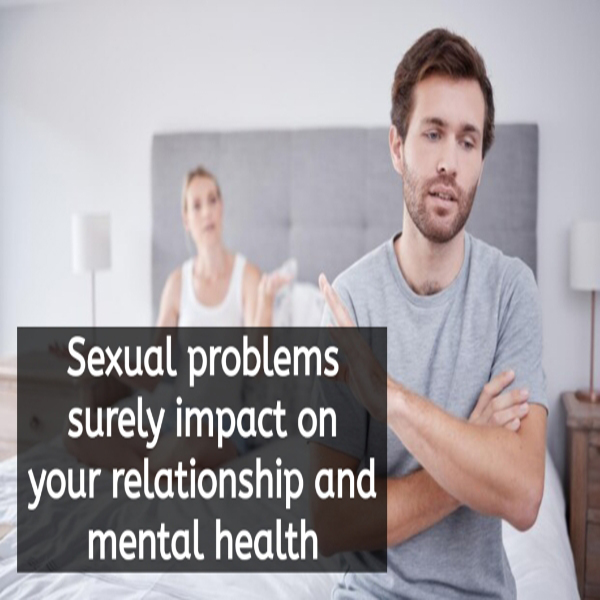When it comes to having sexual relations, many couples could use some guidance.
Their romantic lives (or lack thereof) sometimes mirror their interpersonal problems, such as if they have drifted apart, failed to resolve conflicts, or combined into one gloppy entity.
It’s tough to feel distant from or furious at someone who provides you so much pleasure, so finding and fixing faults in their sex life can make sex better, and other problems go away.
A good roll in the hay is the solution to feeling disrespected but having a consistent, satisfying sex life can help you avoid that feeling.
This may be the driving force of sexuality.
Sexual pleasure and all its attendant complexities are unnecessary for simple reproduction.
Like blinking and breathing, reproduction could have evolved to be handled automatically by instinct.
Instead, going through the wild in pairs appears to be more advantageous, and the joy of sex can establish a link between partners that can serve as an effective team.
This theory clarifies the physiological basis for female orgasms and the biological legitimacy of homosexual relationships.
The Mental Health Effects of a Close Relationship
- Intimacy problems.
Because of the illness or its treatment, a person with a mental disorder may lose interest in sexual activity. (Low libido is a common negative reaction to antidepressants).
Mental health disorders increase the risk of low self-esteem, performance anxiety, and inadequacy.
Because of this, bonding opportunities dwindle and needs go unfulfilled for both spouses.
- Feelings of inferiority, blame, and anger.
Having a mental illness is difficult, but stigma may strain relationships.
A person with a mental condition may feel guilt, embarrassment, and shame.
They may deny an issue or resist aid.
However, their partner may feel confused and helpless.
Depression and anxiety can cause a person to lose interest in daily tasks, fail to finish duties, lose a job, and withdraw from friends and family.
Disappointment, rejection, and disconnection in their spouse may result from these actions and difficulties.
- Codependency as a potential threat.
In a codependent relationship, one spouse condones or somehow supports the other’s poor mental health, addiction, or coping mechanisms.
The partner of a person with mental illness may begin to measure their value by how much they are “needed” by or can “take care of” their partner.
Abuse, such as manipulation, name-calling, and other harmful dynamics, may become more likely among highly dependent individuals.
The ability to tell the difference between genuinely wanting to help and being codependent in your approach to managing the other person’s symptoms is crucial.
- Sex and OCD
Someone with obsessive-compulsive disorder (OCD), a chronic anxiety disorder, often reports feeling bombarded by sexual obsessions or unwanted sexual thoughts.
OCD sufferers may have compulsive fears of becoming LGBTQ, abnormal sexual desires, and inappropriate mental pictures.
Beyond unwelcome thoughts, OCD sufferers often have sexual dysfunctions, including arousal and low sex drive.
These may be linked to OCD-born beliefs, such as a fear of having sex or disgust while thinking about sexual activities, which is typical in contamination obsessions.
Conclusion
Despite the stigma of discussing sex, accepting your sexuality improves mental health.
If you’re suffering intermittent sexual problems, see a sexologists in Bangalore.
See your doctor if you’re depressed; they can prescribe medication or refer you to a mental health professional.
You may improve your quality of life and experience by seeking treatment.







